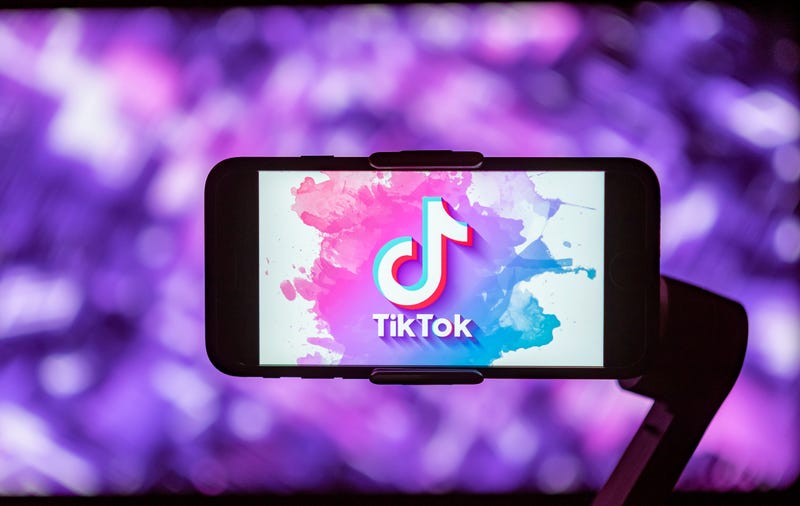
The number of states banning the use of TikTok on government devices is growing.
At issue is concern over possible national security threats posed by the Chinese-owned social media platform, CBS News reported.
Texas on Wednesday became the latest state to ban the social media app. The ban applies to any government device that's connected to the internet, including phones, laptops and tablets. Similar bans exist in Maryland, South Dakota, South Carolina and Nebraska.
"TikTok harvests vast amounts of data from its users' devices—including when, where, and how they conduct Internet activity -- and offers this trove of potentially sensitive information to the Chinese government," Gov. Greg Abbott said in a statement. "While TikTok has claimed that it stores U.S. data within the U.S., the company admitted in a letter to Congress that China-based employees can have access to U.S. data."
TikTok is owned by a Chinese company ByteDance, which employs Chinese Communist Party members, and has a subsidiary partially owned by the Chinese Communist Party.
"It has also been reported that ByteDance planned to use TikTok location information to surveil individual American citizens," Abbott said. "Further, under China's 2017 National Intelligence Law, all businesses are required to assist China in intelligence work including data sharing."
South Dakota Gov. Kristi Noem made similar remarks in announcing the state's ban.
"South Dakota will have no part in the intelligence gathering operations of nations who hate us," Noem said in a statement. "The Chinese Communist Party uses information that it gathers on TikTok to manipulate the American people, and they gather data off the devices that access the platform."
Maryland Gov. Larry Hogan said the app present an unacceptable level of cybersecurity risk to the state.
"To further protect our systems, we are issuing this emergency directive against foreign actors and organizations that seek to weaken and divide us," he said in a statement.
South Carolina Henry McMaster said a statewide ban protects the wellbeing of citizens and businesses.
"Federal law enforcement and national security officials have warned that TikTok poses a clear and present danger to its users, and a growing bi-partisan coalition in Congress is pushing to ban access to TikTok in the United States," he said in a statement.
While Texas, South Dakota, Maryland and South Carolina only recent enacted bans, TikTok has been prohibited on state devices in Nebraska since 2020.
"The Chinese government has long engaged in systematic, covert efforts to access sensitive data from U.S. governments, companies, and individuals," said Gov. Pete Ricketts said in a statement. "As an app owned by a company based in China, TikTok is legally obligated to provide data from its users to the country’s communist regime upon request."
FBI Director Christopher Wray has also called TikTok a threat to national security. He said Americans should be very concerned about giving China "that much ability to shape content," "engage in influence operations" and "access to people's devices," TIME reported.
"The Chinese government has shown a willingness to steal Americans' data on a scale that dwarfs any other," Wray said.
TikTok, which has more than 85 million users in the U.S., denies it shares data with the Chinese government.
Michael Beckerman, TikTok's head of public policy for North America, criticized the bans, saying the app collects data similar to other platforms.
"Maybe they should consider banning all social media apps from government phones," Beckerman told CBS.
TikTok spokesperson Jamal Brown said the concerns driving these bans "are largely fueled by misinformation about our company."
"We are always happy to meet with state policymakers to discuss our privacy and security practices," Brown said in a statement to The Washington Post. "We are disappointed that the many state agencies, offices, and universities that have been using TikTok to build communities and connect with constituents will no longer have access to our platform."


